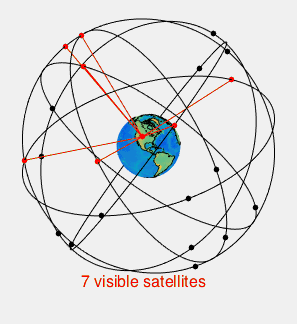- Oct 28, 2006
- 25,209
- 11,851
- Country
- United States
- Gender
- Male
- Faith
- Christian
- Marital Status
- Married
- Politics
- US-Others
But why? What effect does the phrase "it's meaningful to me" have on the independent meaning of the phrase πίνω το νερό? (I drink the water.) "Meaningful" is an abstract concept, but the verb "to drink" and noun "water" are pretty concrete. We're not stuck in a subjective web of fabricated meaning when trying to figure out what water is (philosophical issues of identity set aside). If we were, nobody would ever learn to speak in the first place and communication would be impossible.
Too much focus on the subjective spectrum of meaning ignores the fact that two year olds can learn to use words to refer to objects without problems. Obviously subtleties and complications come into the picture, and a whole web of subjective impressions come to be associated with words (this happens to me with Spanish a lot), but it's very possible to overstate the case for the subjectivity of language.
Perhaps. But somewhere in there @devolved and I have to wonder just what you mean by "drink," and by what kind of water, whether real or metaphysical, you're "meaning" to refer to. Since we ARE talking within the senses and contexts of religious culture and language here, particularly where God is concerned, then we're thrown in into all of this existentially with Avril Lavigne:
And then there's all that talk by Jesus about "drinking the Living Water................." Whatever does HE mean?
Last edited:
Upvote
0




